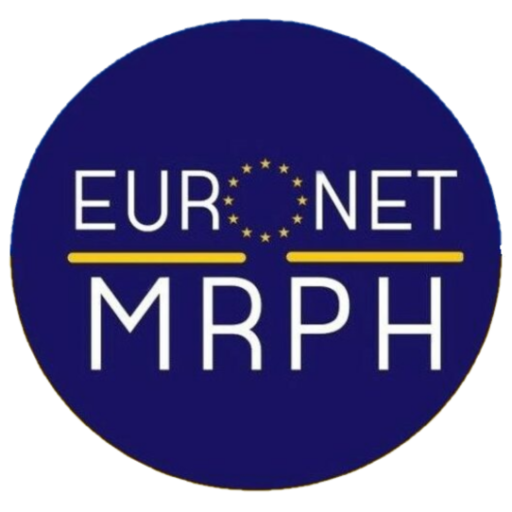
Public Health in Portugal
Portugal does not have a nationwide organization that represents all Public Health residents exclusively – we have six regional committees (North, Center, Lisbon and Tagus Valley, Alentejo, Algarve and Azores). These regional committees are a legal requirement in Portugal and are elected for two-year periods and each is composed up to five public health residents. These committees exist since December 2011 and have been working together on national and international matters. We are part of Euronet MRPH since May 2012.
The committees organize a mailing list, a newsletter and an annual meeting to all Public Health residents.
Information about residency program
Pre-training requirements
The Portuguese Public Health Residency (PHR) is regulated by a broader General Law on Medical Residencies. Under that general law, there is a specific law on the PHR, which specifies how the residency program should be. It is revised every 5 years.
In order for you to do the PHR in Portugal you have to be a recognized medical doctor by the Portuguese Medical Association (Ordem dos Médicos). You will then have to do a national exam that takes place once every year – Prova Nacional de Acesso. The questions are about Internal Medicine (50%), General Surgery (15%), Pediatrics (15%), OB/GYN (10%) and Psychiatry (10%). After that, you will start your residency with a general one-year program that all medical residents must follow (rotating through different specialties). During that year you will learn your score in the national exam and that score will determine your rank in choosing a spot for your residency (thus choosing your specialty training and the main place of training).
Duration of training
Once you get into the specific PHR, you’ll have 5 internships:
- Community Medicine – 12 months – takes place in your chosen local Public Health service – you are supposed to learn what a local public health service does, the community you now serve and what are the daily tasks of a Public Health doctor.
- Public Health specialization course – 12 months – takes place in a recognized academic institution by the Public Health Committee of the Portuguese Medical Association (Colégio de Especialidade de Saúde Pública da Ordem dos Médicos) – You are supposed to learn about the main public health related sciences. It is similar to the academic part of a masters in public health. There are currently 2 institutions in Portugal providing this training (National School of Public Health, ENSP-NOVA; Instituto Superior de Saúde Pública da Universidade do Porto, ISPUP), but some residents can choose to do a masters in the UK, Sweden or the Netherlands, for example.
- Epidemiological research – 5-6 months – takes place at a local, regional or national public health related service – you are supposed to learn in practice what it takes to do an epidemiological research project.
- Intervention – 9-10 months – takes place in your local Public Health service – you are supposed to design, implement and evaluate a public health related intervention.
- Consulting or auditing – 5 months – takes place at a local, regional or national Public Health related service – you are supposed to design and perform an audit related to a public health topic or service.
- Optional – 3 months – takes place at a local, regional, national or international public health related service – you are supposed to design and deliver on an internship of your choice, as long as it is related with public health and has the initial approval of the hosting institution and the Public Health Committee of the Portuguese Medical Association (Colégio de Especialidade de Saúde Pública da Ordem dos Médicos).
These internships can be done in any order, with the exception of the Community Medicine internship, that should be the first one.
End of training assessment method
Each of this internships have a specific way of evaluation, mainly through exams, reports, presentations and assignments. At the end of the residency program you have a general evaluation where you have 3 steps:
- A CV discussion, where you discuss your CV with a jury;
- A written exam, where all medical residents that are evaluated in that period will have to perform at the same time;
- An oral exam, addressing any public health topic that your jury may find relevant.
Post-training careers
After ending your residency, the majority of professional opportunities are within Local, Regional or National Public Health departments. There are also opportunities in universities, national organizations or certain health-related private companies (eg. consulting firms).
If you have any question, don’t hesitate and ask us.
